A paycheck stub, also known as a pay slip or pay advice, is a document issued by employers to employees detailing the breakdown of earnings for a specific pay period. It typically includes information such as gross earnings, deductions, taxes withheld, and net pay. While seemingly innocuous, paycheck stubs contain sensitive personal and financial information that can be exploited if fallen into the wrong hands.
Why Paycheck Stub Security Matters
Risks of Identity Theft
Paycheck stubs contain valuable information, including full name, address, social security number, and earnings. In the hands of identity thieves, this information can be used to open fraudulent accounts, apply for loans, or file false tax returns, leading to financial ruin and significant stress for the victim.
Financial Fraud Potential
With access to paycheck stubs, fraudsters can manipulate the information to fabricate employment history or inflate income to qualify for loans or credit cards fraudulently. This not only harms the individual whose information was compromised but also undermines the integrity of financial institutions.
Legal Ramifications
Employers have a legal obligation to protect employees’ sensitive information, including paycheck stubs, under various data protection laws. Failure to safeguard this data can result in severe penalties, including fines and lawsuits, damaging the reputation of the company and eroding trust among employees.
Common Security Threats
Phishing Scams
Phishing scams, where attackers masquerade as legitimate entities to trick individuals into revealing sensitive information, pose a significant threat to paycheck stub security. Employees must be vigilant and avoid clicking on suspicious links or providing personal information via email or text messages.
Social Engineering Attacks
Social engineering attacks rely on manipulation and deception to exploit human psychology and gain access to confidential information. Attackers may impersonate HR personnel or IT support staff to deceive employees into disclosing their login credentials or other sensitive data.
Insider Threats
Despite robust security measures, insider threats remain a significant concern for organizations. Disgruntled employees or those seeking financial gain may intentionally leak paycheck stubs or sell them to malicious actors, compromising the security of both individuals and the company.
Best Practices for Protecting Paycheck Stubs
To mitigate the risks associated with paystub generator free security, both employers and employees must adhere to best practices:
Secure Delivery Methods
Employers should utilize secure delivery methods, such as encrypted emails or password-protected portals, to transmit paycheck stubs to employees. Avoid sending sensitive information via unsecured channels to prevent interception by unauthorized parties.
Proper Disposal of Physical Stubs
Employees should securely store physical real pay stub and shred them before disposing of them to prevent dumpster diving or theft. Investing in a cross-cut shredder ensures that sensitive information is rendered unreadable before disposal.
Password Protection for Digital Copies
For employees who receive digital copies of their paycheck stubs, it’s crucial to password-protect the files and store them in a secure location. Strong, unique passwords and encryption help safeguard against unauthorized access and data breaches.
Regularly Monitor Financial Accounts
Employees should regularly monitor their financial accounts for any suspicious activity and report any discrepancies immediately. Early detection of unauthorized transactions can prevent further financial damage and facilitate timely resolution of security incidents.
Employer Responsibilities
Employers play a pivotal role in ensuring paycheck stub security by:
- Compliance with Data Protection Laws: Adhering to relevant data protection laws and regulations, such as the General Data Protection Regulation (GDPR) or the Health Insurance Portability and Accountability Act (HIPAA), to safeguard employees’ personal information.
- Providing Secure Delivery Methods: Implementing secure delivery methods for transmitting paycheck stubs, such as encrypted emails or secure employee portals, to prevent unauthorized access or interception.
- Educating Employees on Security Best Practices: Providing training and resources to educate employees on the importance of paycheck stub security and promoting awareness of common security threats and best practices.
Legal Protections for Employees
Employees have legal protections regarding the security of their paycheck stubs, including:
- Rights Under Privacy Laws: The right to privacy and protection of personal information under various privacy laws, which empower individuals to control the collection, use, and disclosure of their data.
- Legal Recourse for Breaches: The ability to pursue legal recourse against employers or third parties responsible for paycheck stub security breaches, including seeking damages for financial losses or harm suffered as a result of the breach.
Case Studies
Example 1: Company A Data Breach
Company A experienced a data breach resulting from a phishing attack targeting employees’ login credentials. As a result, hundreds of paycheck stubs containing sensitive personal and financial information were compromised, leading to identity theft and financial fraud for affected individuals. The company faced significant reputational damage and legal consequences for failing to adequately protect employee data.
Example 2: Insider Threat at Company B
An employee at Company B, disgruntled over a recent pay dispute, leaked confidential paycheck stubs to a competitor for financial gain. The breach not only compromised the security of employees’ personal information but also exposed sensitive business data, resulting in legal action against both the employee and the competitor.
Have A Look :-
- How To Start A Photography Business?
- How To Start A Daycare Business?
- Top 20 Small Business Ideas For Beginners In 2023


